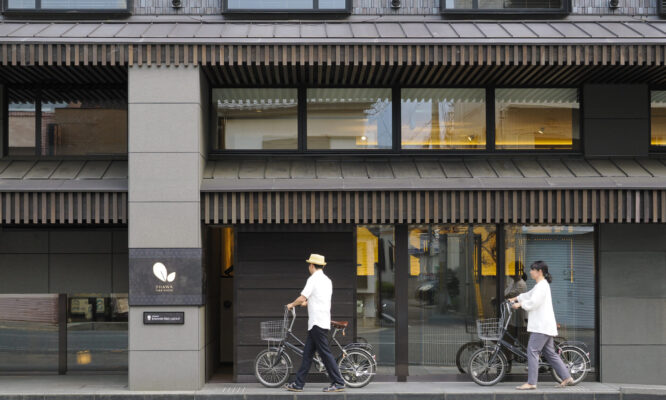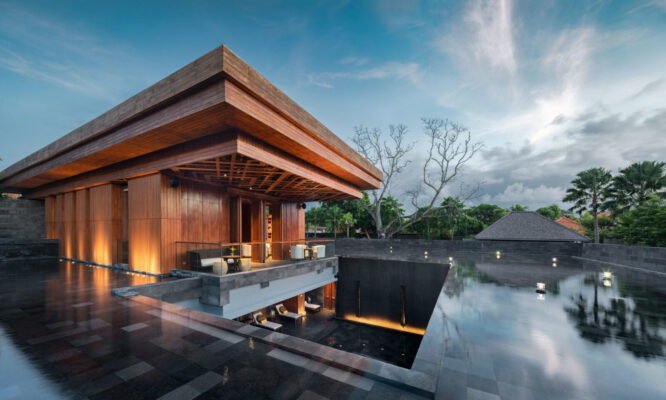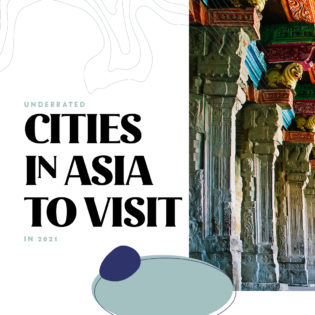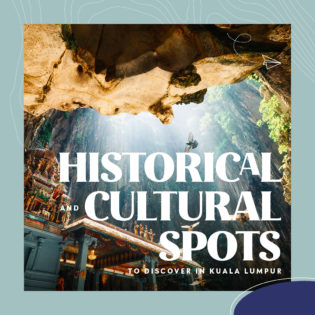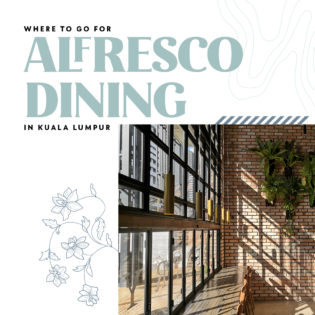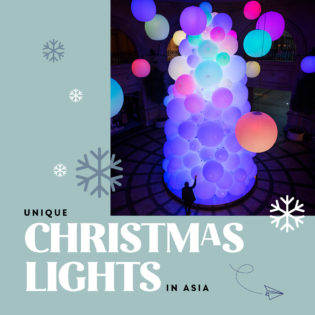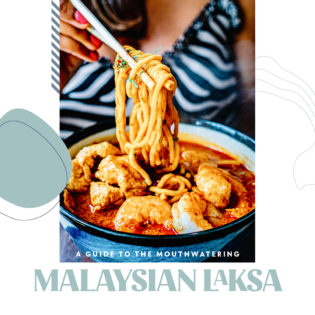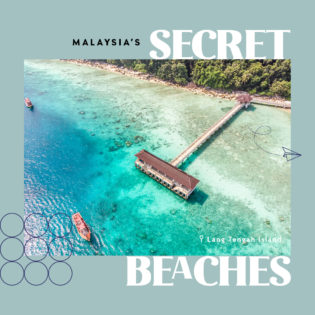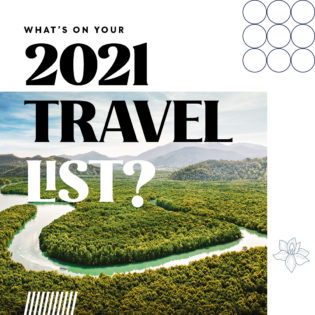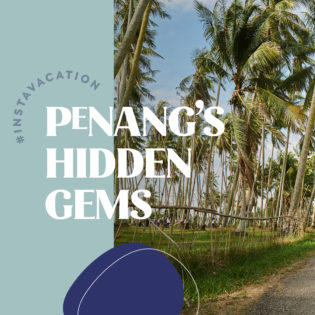Hip, young Malaysians have been gripped by caffeine passion, with hipster cafes, specialty shops and a roving coffee truck.
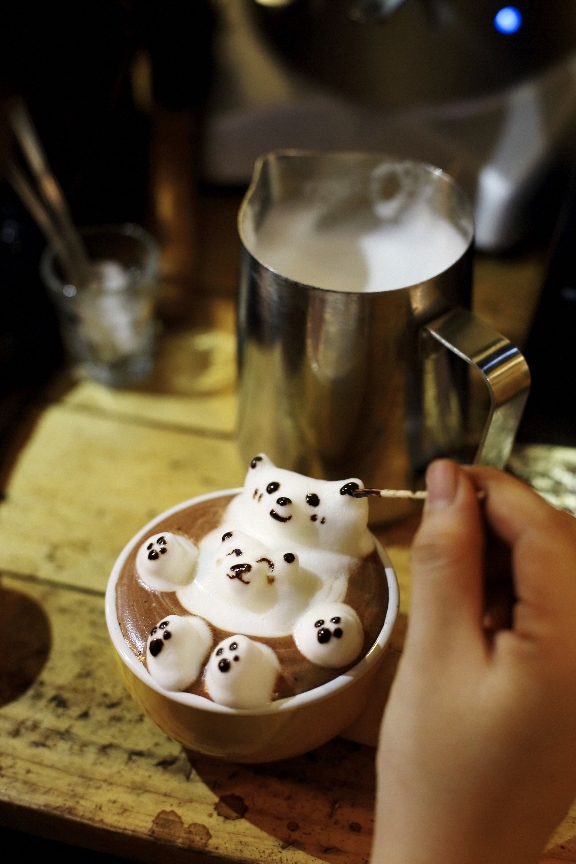
Malaysia are on a caffeine high. As a society that grew up on the sweet, milky tea called the tarik, they are making the switch to coffee, and from hanging out at mamak stalls to cafes. With an average of two cafes throwing open their shutters each month, Malaysians are spoilt for choice when it comes to coffee. So whether you are after a latte with fanciful foam art or the on-trend specialty single origin coffee, perhaps harvest from the mountains of Irian Jaya, Indonesia or in the cool, green hills of Sul de Minas, Brazil, you can probably find it in the Klang Valley.
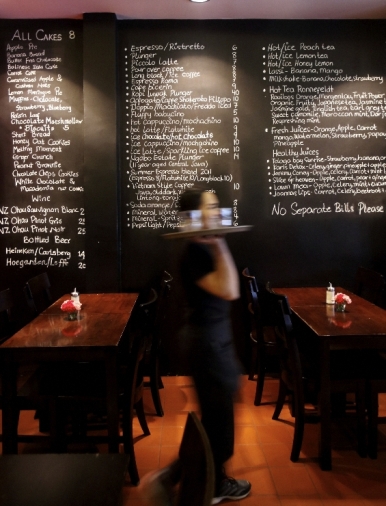
At Antipodean Cafe (antipodeancoffee.com), co-founder Alun Evans sources his coffee directly from farming communities in Indonesia. He works exclusively with 32 communities throughout the archipelago, taking small quantities and hand-roasting them for that distinct taste and quality. “The fact that we pay direct trade prices means the communities have funding to be able to produce wood quality coffee in a sustainable manner – the coffee drinkers of KL benefit from this,” he says.
Together with his business partner in Kuala Lumpur, Karl Priston, Evans started importing and retailing their Merdeka Coffee brand in high-end supermarkets. “The response was amazing and we realised that Malaysians had a real desire for specialty coffee. The logical extension was bringing not only the coffee, but the roasting and cafe operation to Malaysia,” says Evans
There are now two Antipodean Cafes in KL, with a third in Mid Valley Megamall, serving exclusively Merdeka Coffee. Some of the specialty coffee beans available are Gunung Wills Java, cultivated in limited quantities on the slopes of a volcano, and Flores Arabica, sourced near Ruteng in Flores with hints of florals. They can be had as your favourite cuppa at the cafe or to takeaway in vacuum packed bags.
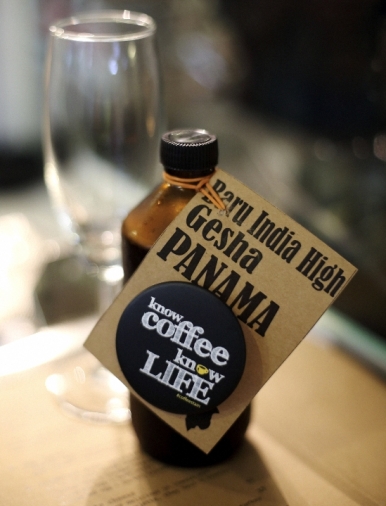
Cafes like Antipodean represent the Third Wave Coffee, a worldwide movement to produce high-quality coffee, and that means taking it back to its basics and getting involved from A-Z. Practitioners source and buy the beans from the farmers, then carefully roast and grind them before putting the fragrant powder in the skilful hands of their trained baristas.
Coffee Stain by Joseph (Facebook.com/CoffeeStainByJoseph) practices this concept. “What we are trying to achieve here is ‘hand-made’ and not assembly line coffee,” says one of the founders, Shirene Tju.
“We source our coffee beans from various prime coffee producing nations from all over the world. Every country has its own characteristic flavour and balancing the right flavours. Our experienced in-house roaster uses the most modern equipment to roast each variety of bean to its optimum roast profile, coaxing the flavours from every bean to create our famous smooth full-bodied coffees.”
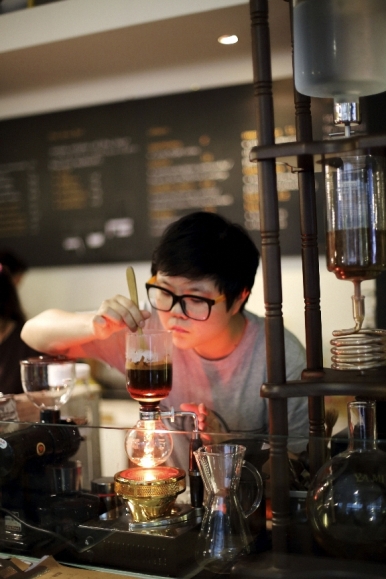
The Coffee Stain by Joseph house blend is a delicate blend of beans from Papua New Guinea, Quatemala and Columbia, resulting in a well-balaned cup with an intense, long finish. Up to 10 different beans are available at any time, and Tju recommends trying their single origin coffee prepared by siphon, dripped or brewed using the hourglass-shaped Chemex manual coffeemaker.
You cannot mention coffee in the Klang Valley without referencing Artisan Roast (artisanroast.com.my). Founded in 2009 by husband and wife Michael Wilson and Amirah Mohammad, it is one of the pioneers that has and a strong influence on the local coffee-making community.
Artisan Roast sources its coffee beans directly from coffee cooperatives around the world, picking up only the highest grade beans when they are in season. The beans come from Indonesia, Rwanda, Ethiopia and even Bolivia. The beans are then roasted by hand at Artisan’s joint venture, RAW Coffee, before they are distributed to their outlets and their buyers.
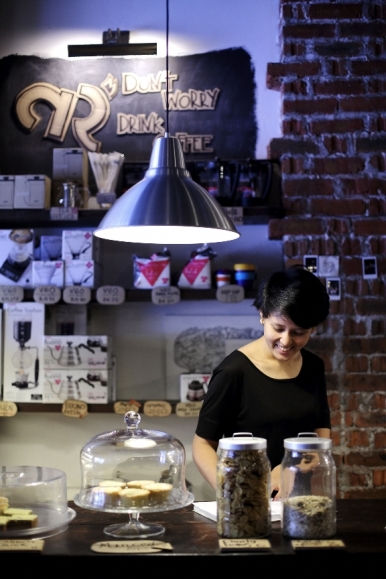
At their cafe in Taman Tun Dr Ismail, specials of the day and tasting notes are written up on the chalkboard and origins of the different beans provided. However, apart from a handful of enthusiasts, manager Syarir Aizad bin Abu Bakar admits it is still an educational process for the public. Part of the fun, he says, is taking their customers through the different types of coffee and the best method of preparation.
Artisan Roast has produced a prodigious number of baristas, a number of whom have branched out on their own. Syarir himself operates a side-business called Skinny Man Coffee, which supplies coffee at events. Ex-barista, Herwandy Saat, just opened Quar/tet, also in Taman Tun Dr Ismail, with a bunch of his fellow indie musicians.
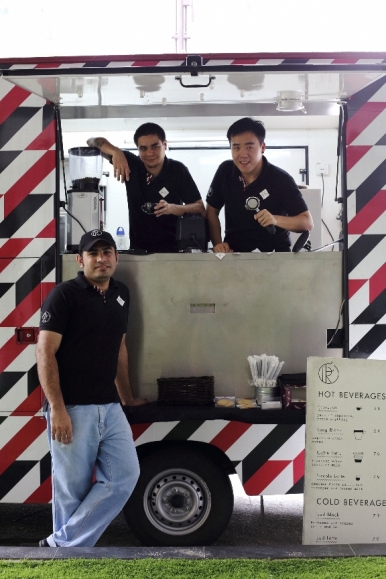
Artisan Roast alumni, Sam Lai, quit his job as a stockbroker to enter the coffee business full-time. Together with his partners, he founded Royal Post (Facebook.com/royalpostcafe), a mobile coffee truck with a well-edited coffee and food menu. The truck used to service the busy office areas around Damansara Heights and Bangsar, garnering fans and a reputation for good takeaway coffee. The truck is now camped permanently in front of Wisma Jerneh on Jalan Sultan Ismail, but Lai has plans to put two more trucks out on the road.
“Coffee is definitely a trend now as overseas graduates exposed to the cafe culture are returning home and looking for good coffee – five years ago I would not have imagined a coffee truck would have been possible,” he says. Fans track his location via social media.
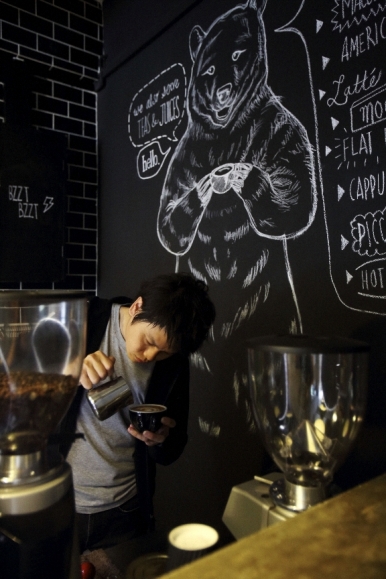
With cafes selling good coffee all the rage, hipster outfits like Butter + Beans at Seventeen (Facebook.com/ButterBeansAtSeventeen) do very well. Young entrepreneurs Alex Anthony and Jennifer Kuah opened this tiny cafe in suburban Petaling Jaya to cater to an up-to-the-minute, caffeine-fixated and cafe-loving crowd. The setting is idyllic, the pastries and cakes appetising and the coffee well-done.
“We wanted to introduce a great coffee experience in a community setting that suits the Malaysian lifestyle,” says Anthony, who is also a DJ with indie dance outfit The Deer Society. They get their beans from a reliable supplier, which Anthony says are all high-quality beans.
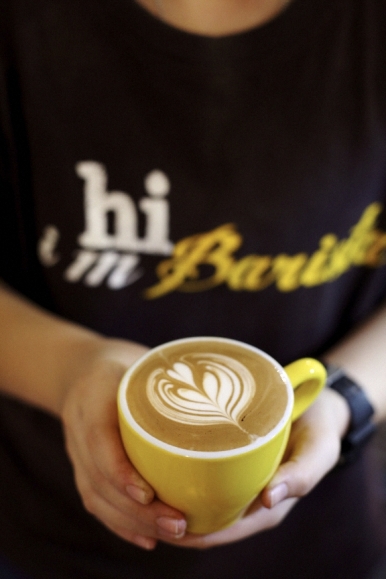
He insists there is no real secret to making a good cup of coffee, instead it all boils down to doing it right. “Good coffee is made from good water, that is purified, tasteless and without odour, with good properly roasted beans, at the right temperature for the right amount of time. That’s it. Coffee is one of those things that’s simple. Simple to do, difficult to master.”
